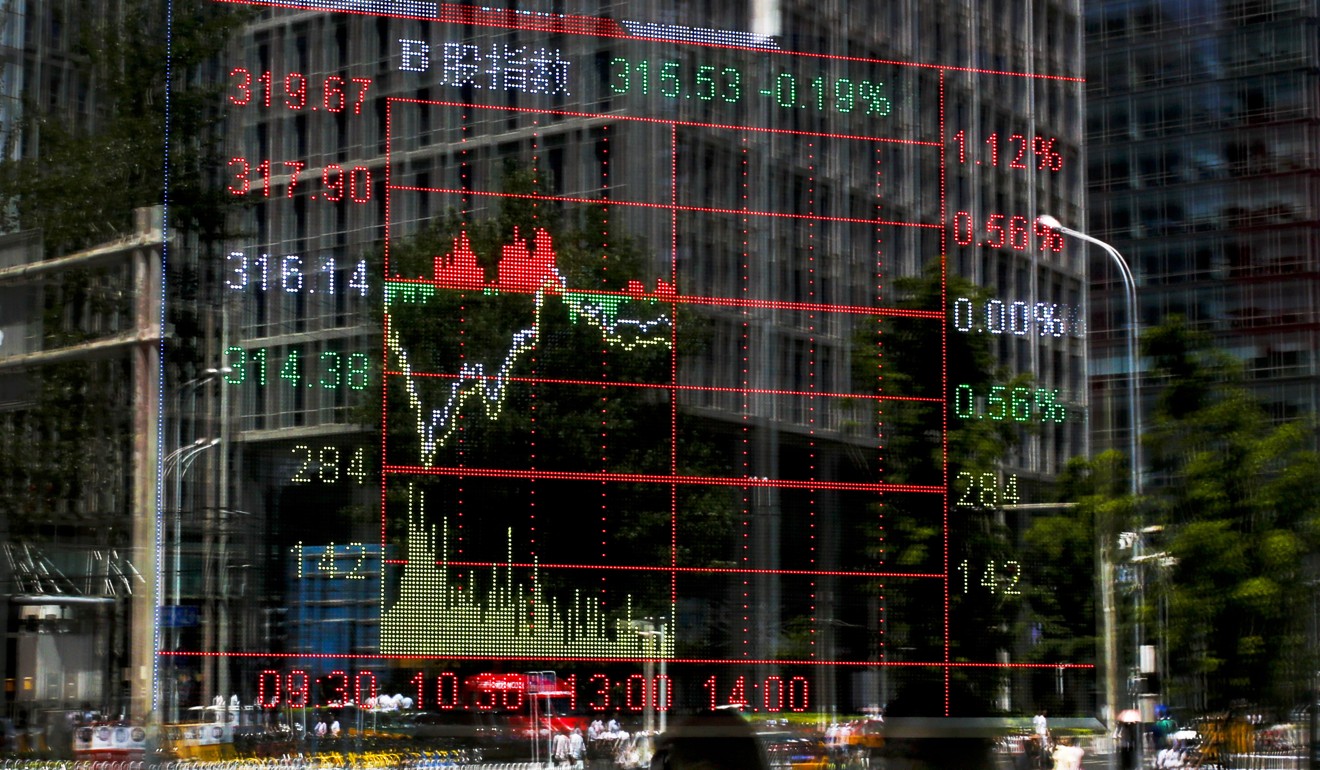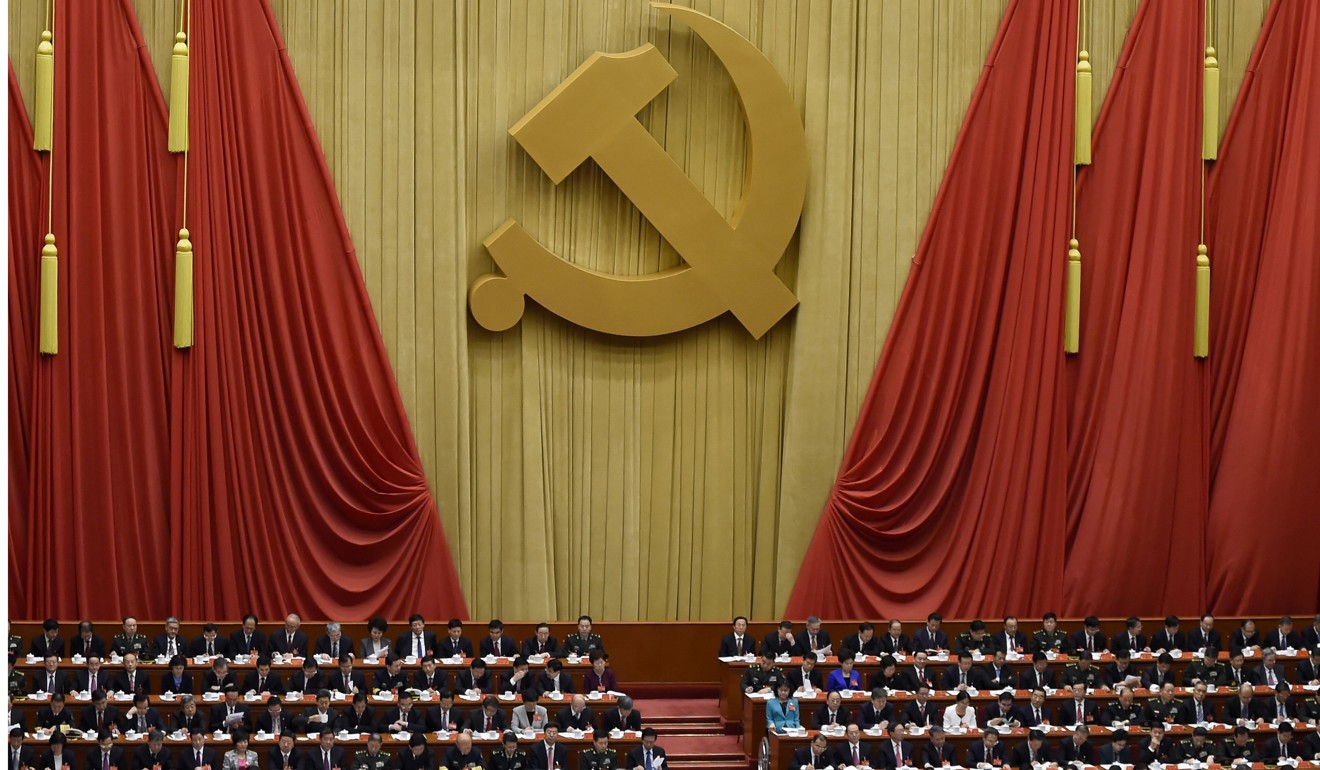
The one big unanswered question in a magazine’s 20-year quest to chart China’s economy
China Economic Quarterly has put out its last edition – but that’s not the end of the line
When the China Economic Quarterly launched two decades ago, its readers were “a small group of business executives and nerds interested in a struggling economy”.
China was an economic backwater, central government data came out every three months and the country accounted for just 3 per cent of the world’s gross domestic product.
But as publisher Gavekal Dragonomics brings out the journal’s final edition this week, China has shifted from a “sideshow to centre-stage, accounting for a quarter of world economic growth”.
It has developed a form of state capitalism to become the second-biggest economy on the planet and an alternative for other developing economies to follow.

But while China has defied the doomsayers the fundamental question about its future remains just as uncertain as ever: how can a market-based economy evolve under the Communist Party’s authoritarian regime?
To track those changes Gavekal Dragonomics is replacing the quarterly journal with a series of frequent reports.
In the magazine’s final edition, editor Arthur Kroeber said that all those who had predicted a collapse of the Chinese economy since the Deng Xiaoping days of the 1990s had been proved wrong because they failed to see the resilience of its financial system.
Kroeber also said China’s one-party “authoritarian politics” was not strangling economic growth. Even Chinese President Xi Jinping, the most powerful Chinese leader since Deng, “seems more interested in creating a resilient governance system that will outlive him than in making China his personal fief”, he said.

And the ruling Communist Party as a whole has “proved itself surprisingly adaptable to new conditions”.
“China will keep defying the sceptics and keep on growing, and its influence will grow too,” Kroeber wrote.
But he added that a “Chinese century” was unlikely to emerge because China still lacked military allies and soft power.
Joerg Wuttke, vice-president of BASF China and a two-time former president of the European Union Chamber of Commerce in China, agreed there was cause for optimism about China but said the foreign business community should not be naive about the country’s reform.
“Will the country’s political masters continue to play a central role in steering the direction of the economy, with markets relegated to a supporting role? Will foreign business still be permitted to participate in the economy in a meaningful way if China successfully strengthens its technological capacity in a large number of sectors? And will China have become a truly responsible stakeholder within the international economic system from which it has benefited so much?” Wuttke wrote in the final edition.

Barry Naughton, from the University of California, San Diego, was cautious about China’s economic prospects.
As China’s social and political changes lagged behind and Beijing’s policy had become less reformist and more statist, China’s “economic future is unlikely to be as bright as the past”, Naughton wrote.
He said China’s excessive economic interventions, which were fuelling domestic optimism and triumphalism, were set to have a negative impact on growth and productivity.
“Twenty years from today, it is doubtful that the glittering success stories will be enough to outweigh the embarrassing white elephants,” Naughton wrote.
Journal founder Joe Studwell went one step further, saying China could not keep on its present course forever.
“China can keep growing, but that does not mean it will be a happy place,” Studwell wrote, adding the leadership has done little in terms institutional reform in everything from education to judicial fairness and efficiency to separation of powers.
“I have no doubt that current economic and political policy in China can neither sustain the Chinese Communist Party as a monopoly ruler indefinitely, nor allow China’s economy to grow to a point where it seriously challenges American hegemony.”

